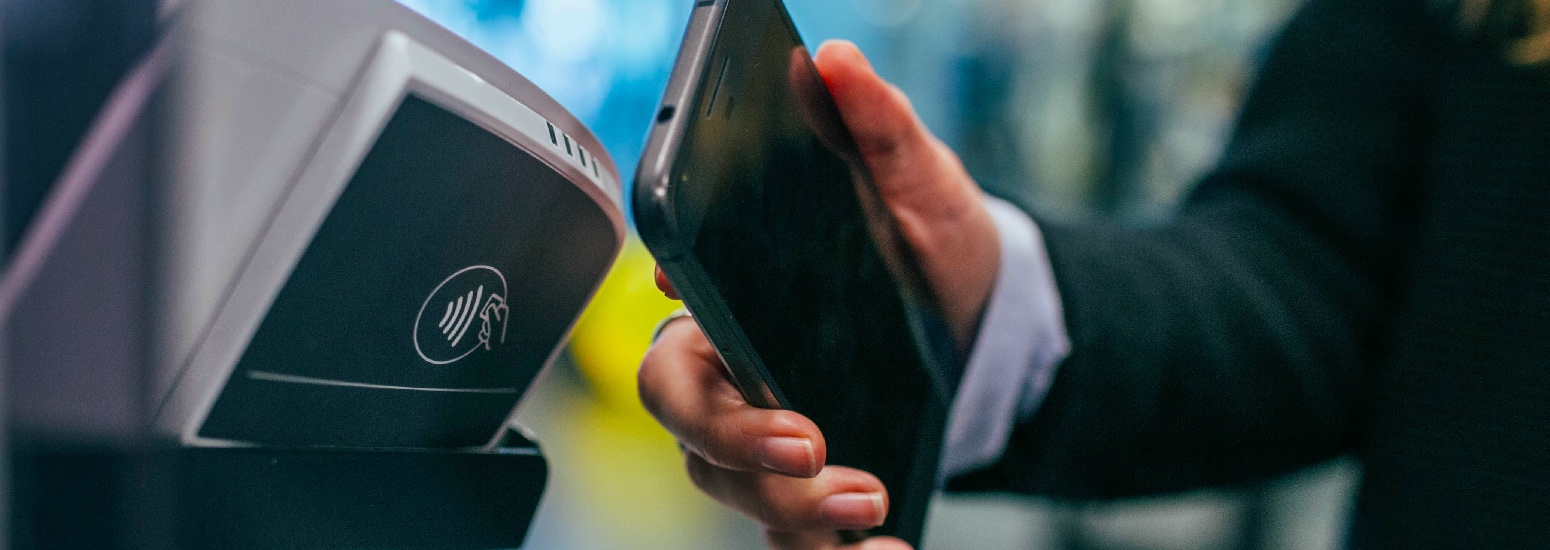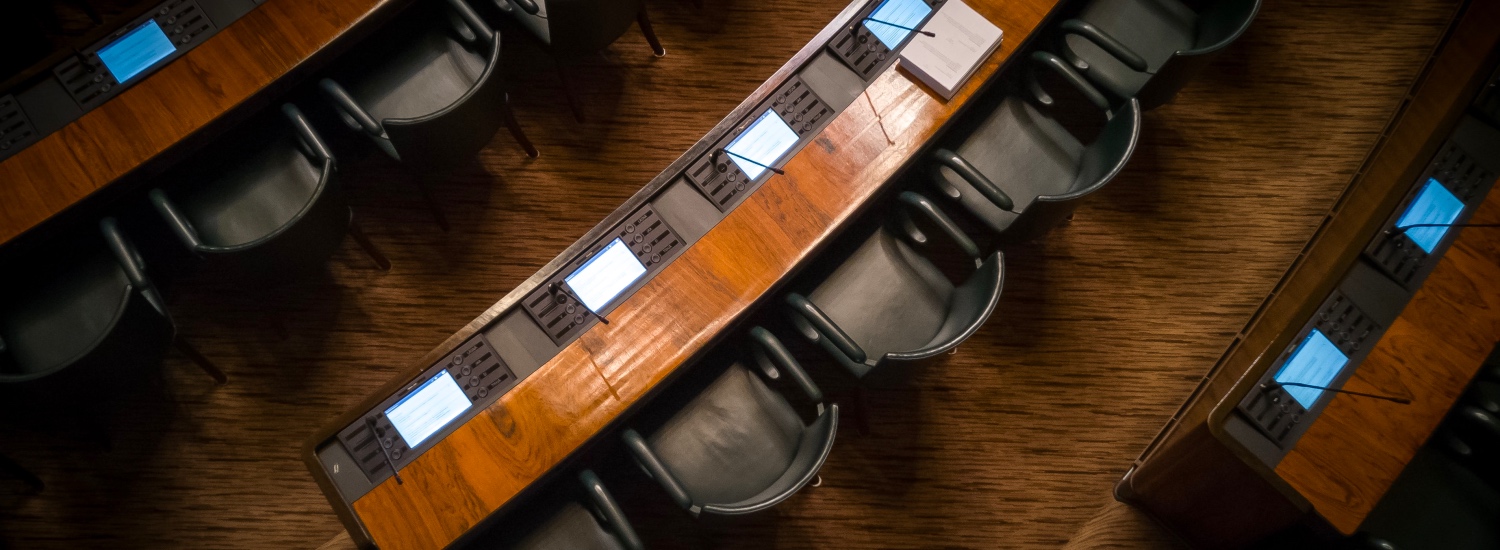
Fighting fraud with biometrics technology
The goal of the every advanced, sophisticated and civilized country is to provide a reliable method of identity. Such a mission or goal is to help circumvent issues regularly encountered by individuals in countries where, historically, hundreds of thousands of people lack official proof of identity. According to ID4D Global Data survey facts, “there are an estimated 1 billion people without an official proof of identity worldwide. Close to half of them live in Sub-Sahara Africa, where almost one in two lack an ID”.
Every one of us has an identity provided naturally as a right of birth, each with a unique family name, date of birth and general characteristics that form our individuality. After a great many years of human rights struggles, African continually strives to create a caring social environment, with policies helping to bring about justice and equality and proving identity forms the basis of what a country can offer in terms of services and products.
According to the UN Refugee Agency,
“Having an identity is a basic human right … it’s also an incredible step into a more dignified life.”
Technological advances are striving to eliminate issues produced by the lack of meaningful proof of identity, including disqualification in democratic processes, most importantly, the ability to vote in elections.
Proving identity also provides individuals with access to many services and benefits, taking advantage of all a country has to offer including access to medical care, access to education and employment, access to opening a bank account, creating increased stability and security for daily tasks.
Validating your identity paves the path to an improved future, introducing individuals to a vast amount of services and benefits, including insurance, paying bills online, and purchasing a mobile phone, a house or a car.
We live in a world where proof of identity is a stringent requirement for many of the above services and products.
Proving your identity with advanced technology eliminates many problems for African natives who may not have legal documentation required for many ID cards where proof of identity may be a requirement before the issuing of an ID card. The standard process for applications is to provide vital documentation including birth certificate, social security number, utility bill or driving licence. Navigating the system and meeting strict requirements have proved daunting, resulting in hindered or restricted application processes in the past for potential applicants of ID cards.
Secure and reliable ID identification technology helps countries to develop systems to counteract headaches caused by inadequate civil registration and vital statistics (CRVS), providing improved demographic data, population statistics and other crucial registration data, paving the way to provide basic but fundamental services and ensure adequate human rights. According to the World Health Organisation (WHO) “A well-functioning civil registration and vital statistics (CRVS) system registers all births and deaths, issues birth and death certificates, and compiles and disseminates vital statistics, including the cause of death information. It may also record marriages and divorces.
Despite the well-documented benefits of CRVS, many countries do not have adequate systems in place. The births of tens of millions of children are known to be unregistered every year, and it is estimated that two-thirds of deaths are never registered and are thus not counted in the vital statistics system.”
The digital revolution of providing secure ID presents substantial opportunities in sustainable development goals (SDG), allowing greater inclusion to individuals and citizens with improved financial decision-making, document management, greater data privacy, enhanced fraud and money laundering protection.
Advanced technology is at the forefront of many ongoing ID projects and pilots and the future of authenticating customer data to receive primary and enhanced services and products while at the same time maintaining privacy and protecting the individual’s privacy, at all times keeping abreast of incredibly robust regulatory data protection laws. Radical systems using Blockchain technology ensures trustworthy mechanisms towards successful, immutable and decentralised systems for encrypted data and KYC documentation.










